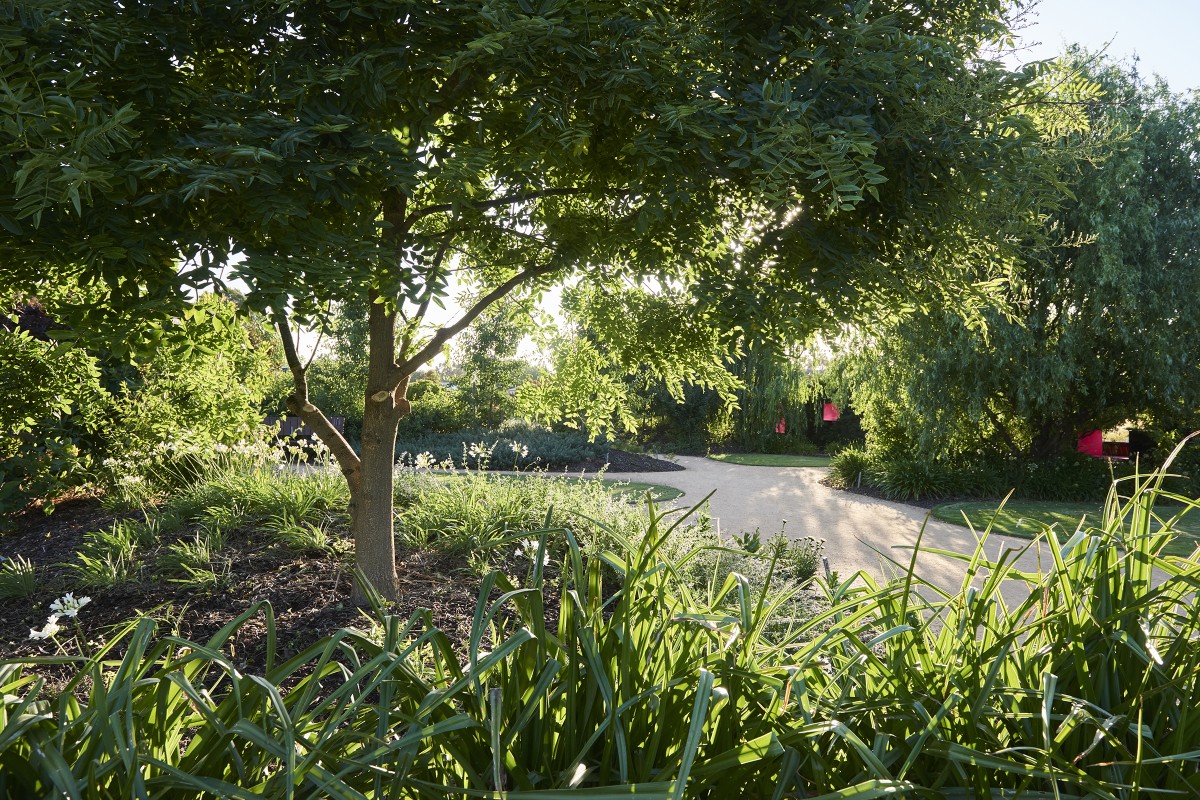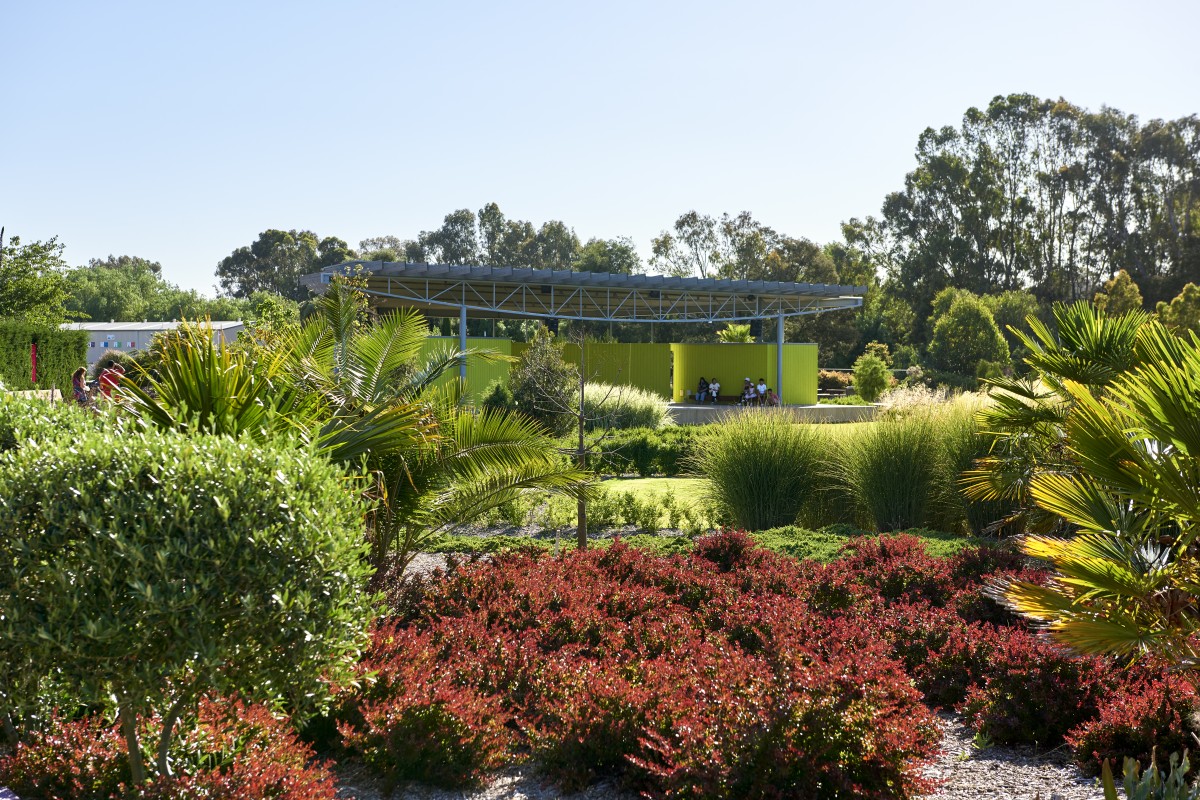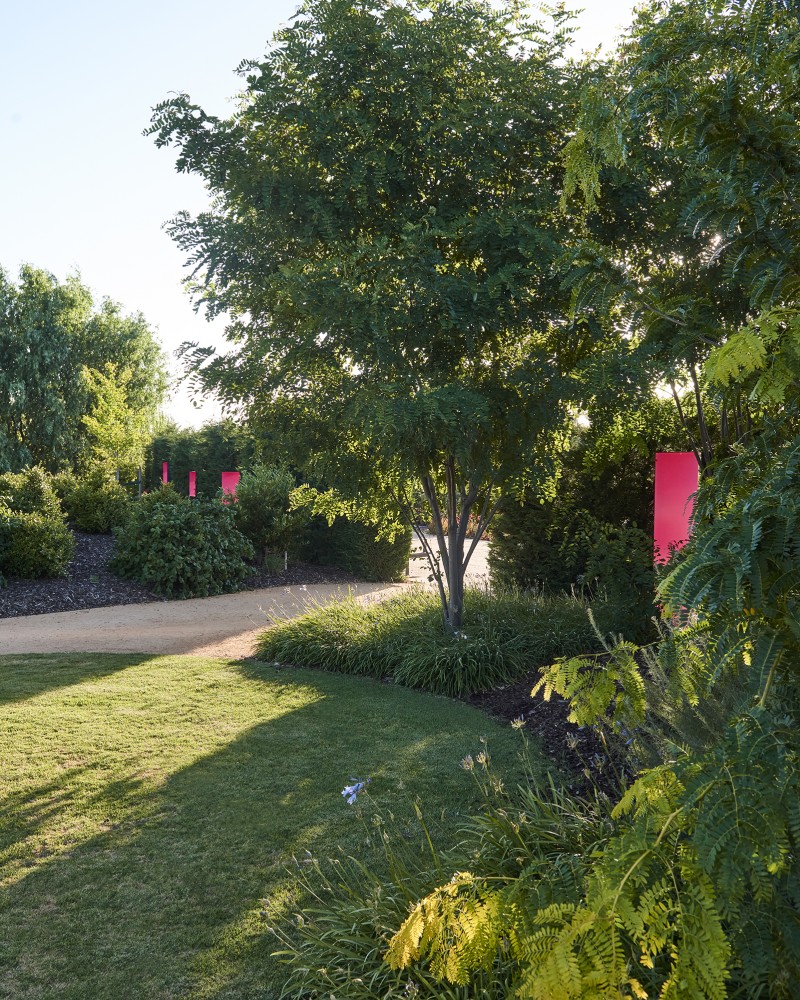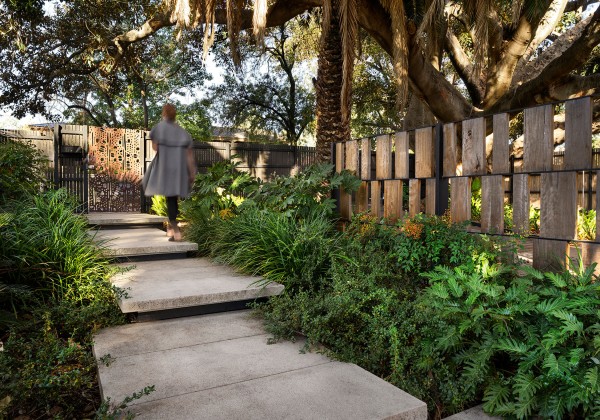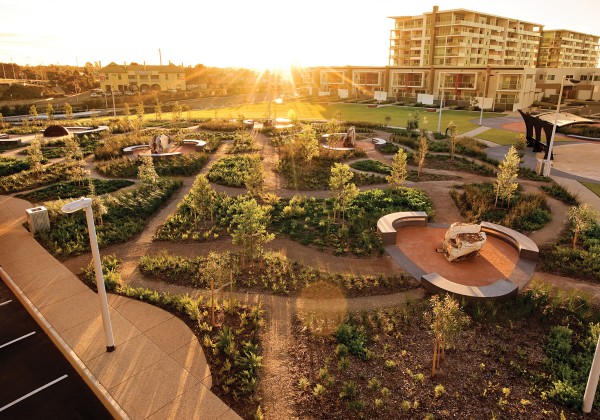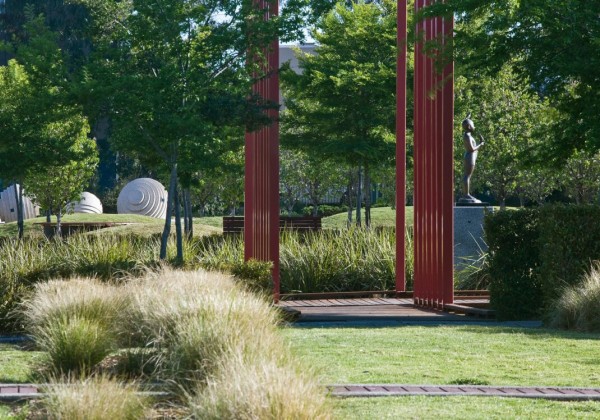
View Presentation
The Bendigo Botanic Gardens’ Garden for the Future is an inspiring and sustainable landscape that provides diverse opportunities for learning about plants, horticulture, landscapes, botany, ecology, conservation and heritage. It is a place for the whole community to enjoy.
The brief for the Garden for the Future was extensive. The critical question for the Garden for the Future is how do you respond to the desire for a contemporary interpretation of a garden that can help us prepare for and embrace the future? How do you capture the imagination of generations to come? How do you educate visitors and inspire the local community?
The idea behind the Bendigo Garden for the Future is not only practical (to ensure the garden’s own survival), but to educate and encourage visitors to use the climate-appropriate plants found here in their own gardens in new and interesting ways.
Designing a brand new botanic garden in a rapidly changing climate was no straight forward task. The TCL and Paul Thompson design team had to think laterally in order to come up with a planting palette that would not only thrive in today’s conditions, but also in the hotter and more extreme conditions forecast for Bendigo in future climate models.
To do this, inspiration was sought from other areas of the world that currently experience similar rainfall patterns and temperature variability to those projected for Bendigo in the next fifty years – areas as far away as South America and the Middle East.
